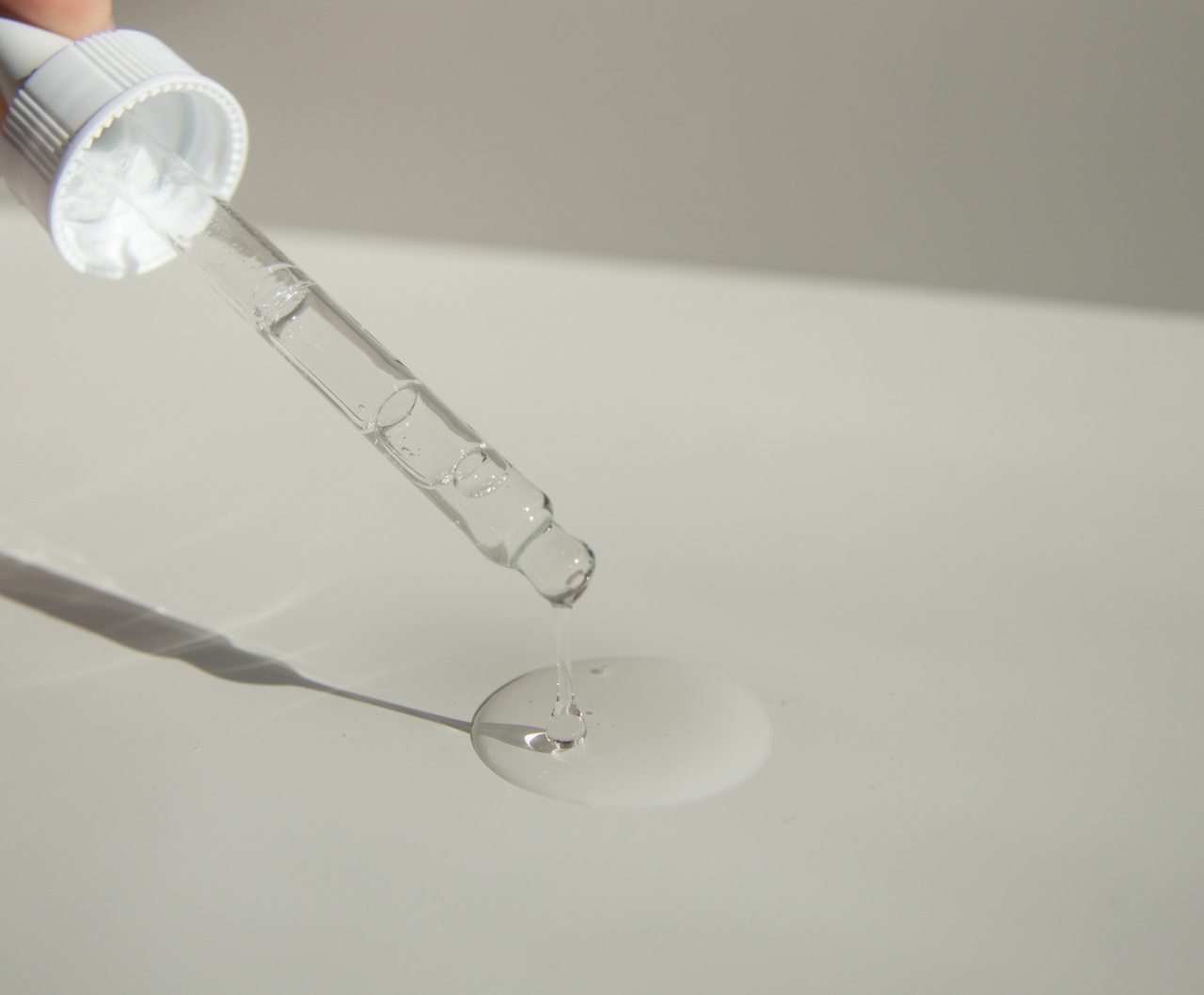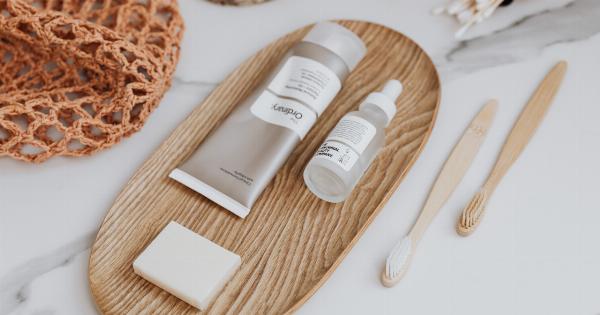Cosmetics are products that we use on a daily basis to enhance our beauty and improve our overall appearance. However, some cosmetics may contain ingredients that can be harmful to our health.
The cosmetics industry is heavily regulated globally, and many countries have banned certain substances that are known to be toxic. This article will discuss some of the banned substances for cosmetics.
Lead
Lead is a toxic metal that can have harmful effects on human health if it is ingested or absorbed through the skin. In the past, lead was commonly used in cosmetics, especially in lipsticks and eyeliners.
However, due to its toxicity, many countries have banned its use in cosmetics. According to the FDA, any amount of lead in cosmetic products is prohibited. Even low levels of lead can be harmful, especially to children and pregnant women.
Mercury
Mercury is a toxic metal that was once used in many cosmetic products, especially in skin lightening creams. However, mercury can cause serious health problems, including skin rashes, irritability, and memory loss.
Mercury is banned in cosmetics in most countries, including the United States, European Union, and Canada.
Hydroquinone
Hydroquinone is a skin-lightening chemical that has been linked to various health problems, including skin irritation, cancer, and organ toxicity.
Due to its harmful effects, hydroquinone is banned in many countries, including the European Union, Japan, and Australia.
Phthalates
Phthalates are a group of chemicals that are commonly used in cosmetics to soften and increase flexibility. However, phthalates have been linked to several health problems, including reproductive issues, cancer, and developmental delays.
Phthalates are banned in the European Union for use in cosmetic products.
Formaldehyde
Formaldehyde is a colorless gas that can cause skin irritation, allergic reactions, and cancer. Formaldehyde is commonly used in cosmetic products as a preservative.
However, many countries have banned its use in cosmetics, including the European Union, Canada, and Japan.
Talcum Powder
Talcum powder is a mineral composed of magnesium, silicon, and oxygen. It is commonly used in cosmetic products, including baby powder, body powders, and makeup. However, talcum powder has been linked to ovarian cancer and respiratory problems.
The use of talcum powder in cosmetics is banned in the European Union and Canada.
Benzene
Benzene is a colorless, flammable liquid that is commonly used in cosmetic products as a solvent. Benzene has been linked to cancer and other serious health problems, including anemia, leukemia, and immune system damage.
Due to its harmful effects, benzene is banned in cosmetics in many countries, including the European Union and Canada.
Carbon Black
Carbon black is a fine powder that is commonly used in cosmetic products, especially in mascaras and eyeliners. However, carbon black has been linked to cancer, lung problems, and organ toxicity. Carbon black is banned in cosmetics in the European Union.
Triclosan
Triclosan is an antibacterial chemical that is commonly used in cosmetic products, including soaps, toothpaste, and deodorants.
However, triclosan has been linked to several health problems, including hormone disruption, bacterial resistance, and allergies. Triclosan is banned in the European Union since 2010.
Formaldehyde-releasing agents
Formaldehyde-releasing agents are chemicals that release formaldehyde over time in cosmetic products. Formaldehyde-releasing agents have been linked to several health problems, including skin irritation, allergic reactions, and cancer.
Many countries have banned formaldehyde-releasing agents in cosmetic products, including the European Union, Canada, and Japan.































